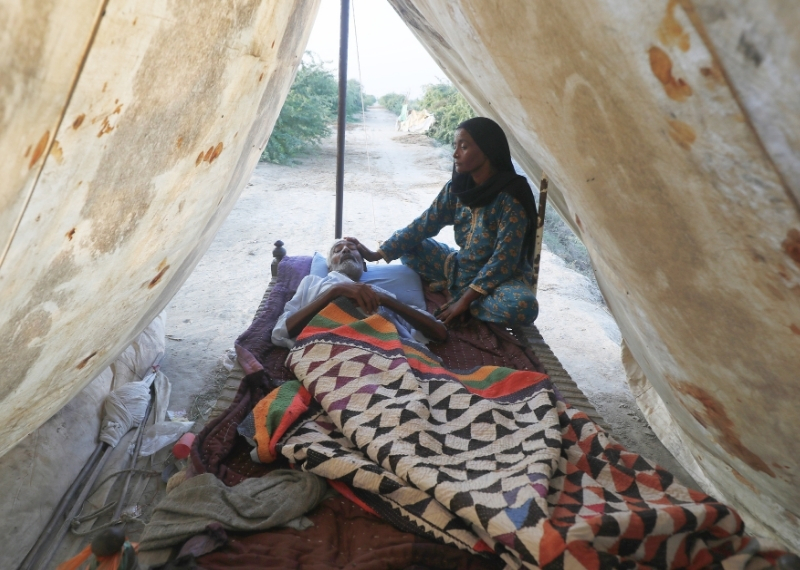Thousands Struggle After Severe Flooding in Pakistan
Why are older people and children at increased risk?
Severe flooding in Sindh province leaves thousands dealing with disease and food insecurity due to lack of support from the government.
- Over 140,000 displaced since August 2024
- Communities facing health risks and lost livelihoods
- Little international or government assistance
How has the government failed to meet human rights standards?
Pakistan government in Sindh failed to provide adequate healthcare, food, and housing post-floods, breaching human rights pacts.
- Must ensure economic, social, and cultural rights
- Emitters of greenhouse gases urged to minimize climate change effects
Voices from Flood-Affected Communities
What challenges are people facing?
Residents speak out about their struggles amid widespread destruction and lack of assistance.
- People forced to live in tents post-floods
- Health risks due to contaminated floodwaters
- Difficulties accessing medical care and basic needs
How are women and vulnerable groups affected?
Women facing sanitation challenges while children and elderly are at high risk of illness and death.
- Lack of support to cope with health consequences
- Financial constraints preventing relocation to safer areas
Impact on Livelihoods and Education
Why are families struggling financially?
Over 500,000 acres of agricultural land destroyed, leaving families without income for basic necessities.
- Dependence on one meal per day for sustenance
- Lack of support to restore agricultural activities
- Education disruption for thousands of children
Looking Ahead
Amnesty International will release a report on climate change impact in Pakistan, highlighting urgent need for action.
To download the press release in Sindh, please visit Amnesty International’s website.
The post Pakistan: Flood survivors in Sindh province suffer disease and food insecurity amid government inaction – new testimony appeared first on Amnesty International.
Source: www.amnesty.org

